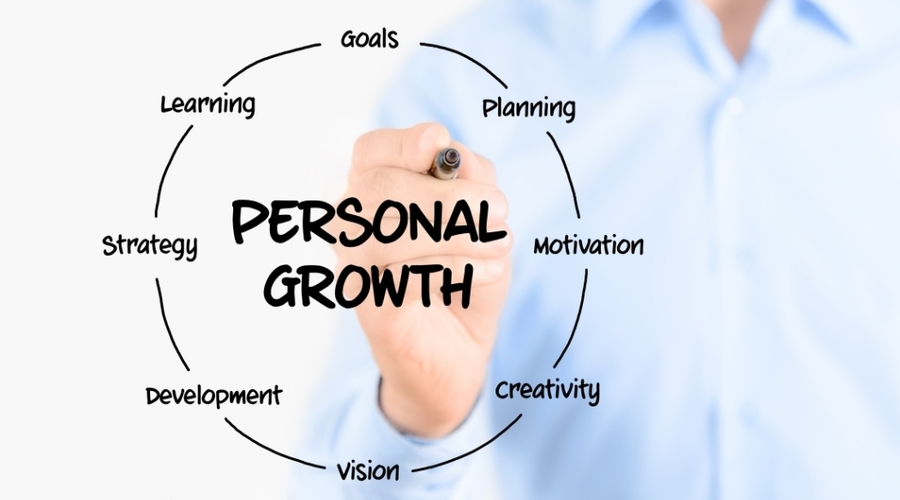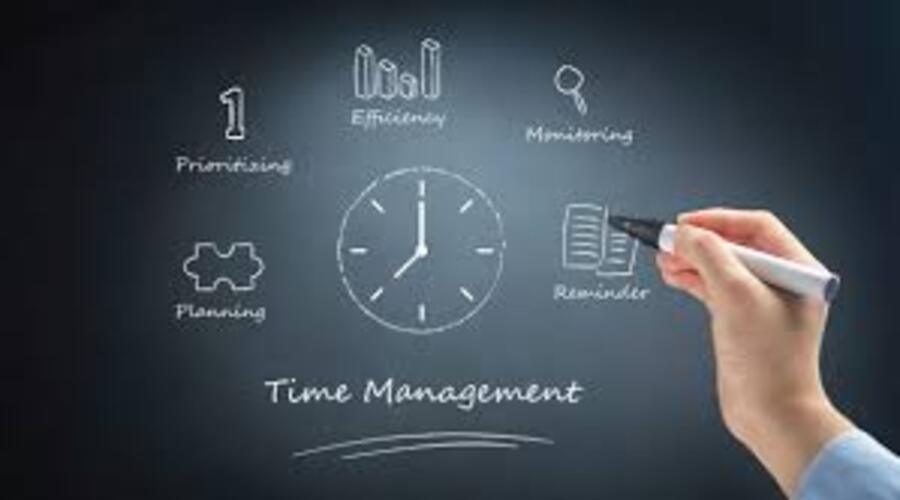Self-learning is a powerful approach to acquiring new knowledge and skills at your own pace. It empowers you to take control of your education, pursue your interests, and continuously develop yourself personally and professionally. Here’s a comprehensive guide to mastering self-learning.
Start by setting clear learning goals. Identify what you want to learn and why it’s important to you. Having specific, well-defined goals will provide direction and motivation. Make sure your goals are SMART: Specific, Measurable, Achievable, Relevant, and Time-bound. This will help you stay focused and track your progress effectively.
Create a learning plan that outlines the topics you want to cover, the resources you will use, and the timeline for your studies. A structured plan helps you stay organized and ensures you cover all necessary material. Break your plan into manageable chunks to avoid feeling overwhelmed and to make steady progress.
Choose high-quality learning resources that suit your learning style. These can include online courses, textbooks, tutorials, videos, podcasts, and articles. Platforms like Coursera, edX, Khan Academy, and YouTube offer a wealth of free and paid content across various subjects. Experiment with different formats to find what works best for you.
Set a consistent study schedule. Dedicate specific time slots for learning each day or week, and stick to them as much as possible. Consistency is key to building momentum and making learning a regular habit. Use tools like digital calendars and reminders to stay on track.
Engage actively with the material. Take notes, summarize key points, and ask questions as you study. Active engagement helps reinforce learning and improve retention. Practice what you’ve learned through exercises, projects, or real-world applications. Practical application solidifies your understanding and enhances your skills.
Join learning communities or study groups. Engaging with others who share your interests can provide support, motivation, and different perspectives. Online forums, social media groups, and local meetups are great places to connect with fellow learners.
Regularly review and reflect on your progress. Assess what you’ve learned, identify areas for improvement, and adjust your learning plan as needed. Reflection helps consolidate knowledge and ensures you stay aligned with your goals.
Stay motivated by celebrating your achievements, no matter how small. Reward yourself for reaching milestones and completing challenging tasks. Self-learning requires discipline and perseverance, so it’s important to acknowledge your efforts and progress.
Lastly, embrace a growth mindset. Understand that learning is a continuous journey, and it’s okay to make mistakes or encounter difficulties. View challenges as opportunities to grow and improve. By adopting this mindset, you’ll stay resilient and motivated in your self-learning journey.
By following these strategies, you can effectively manage your self-learning process, acquire new knowledge and skills, and achieve personal and professional growth. Self-learning empowers you to take control of your education and continuously develop yourself in an ever-changing world.









